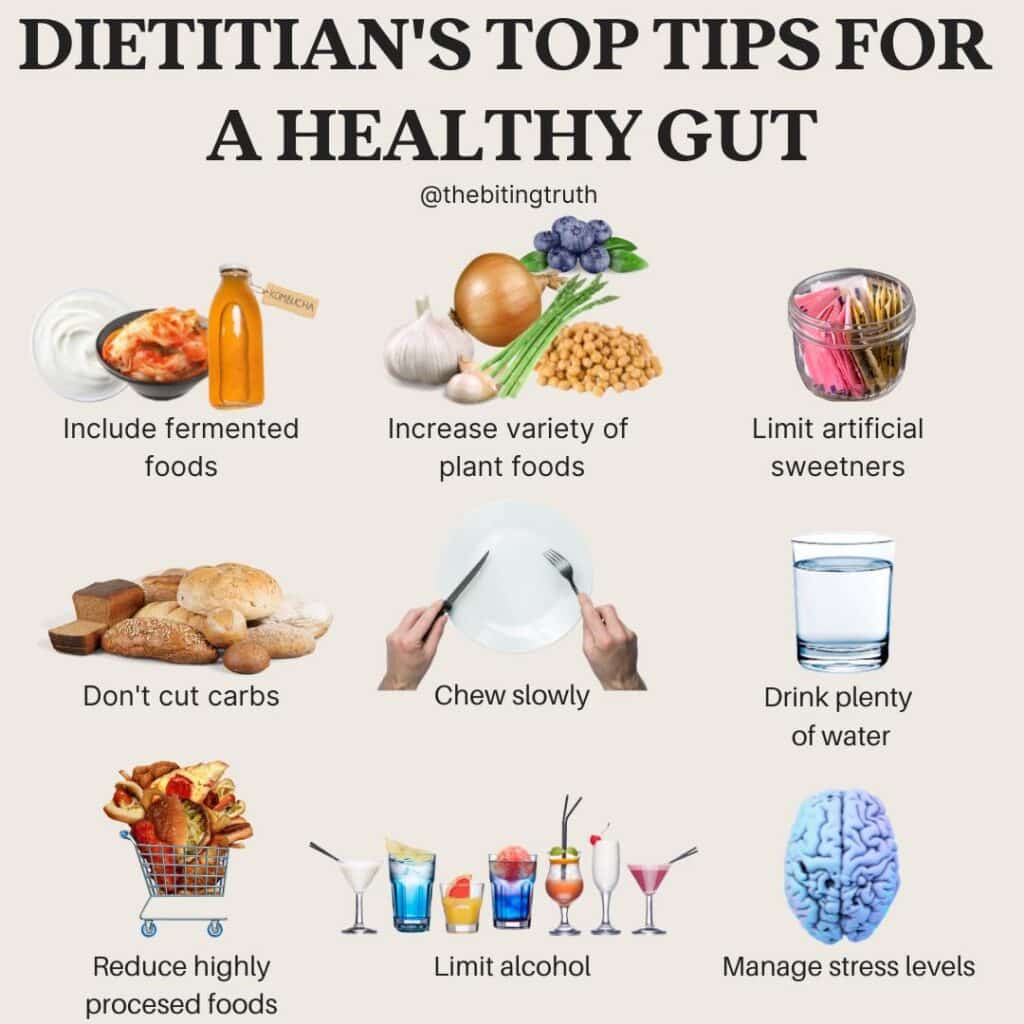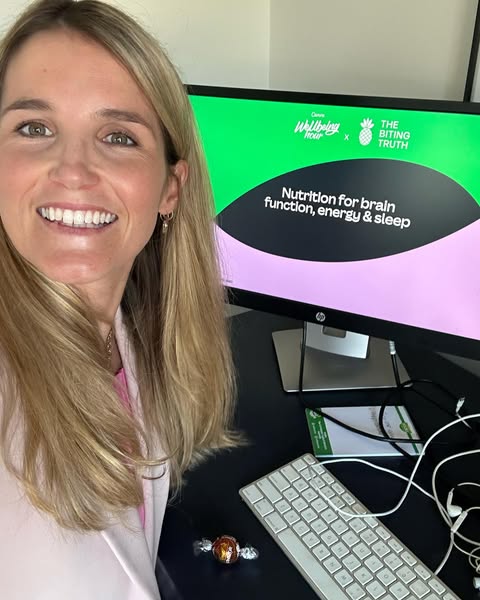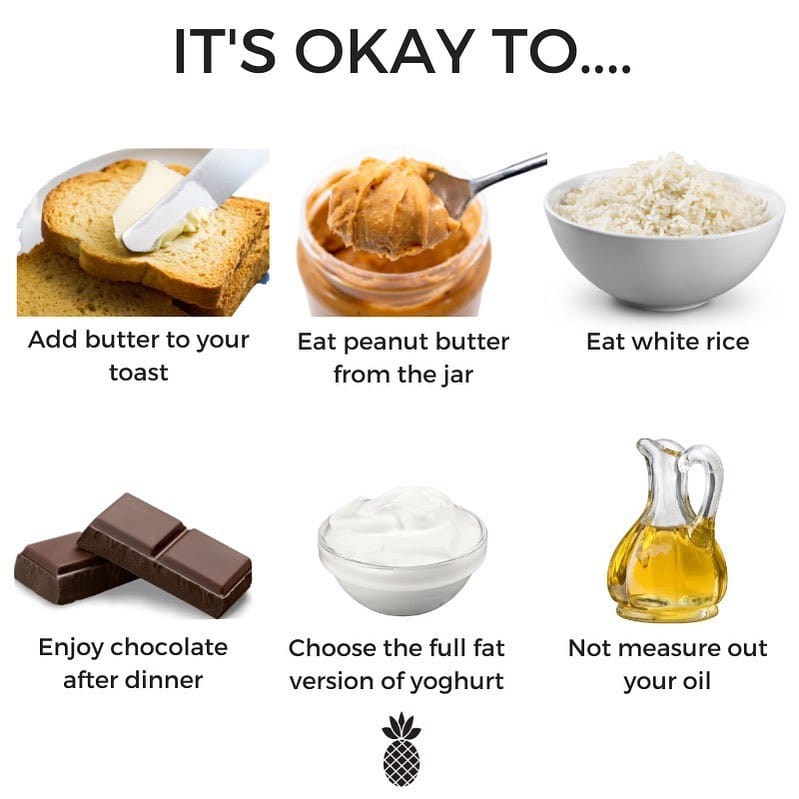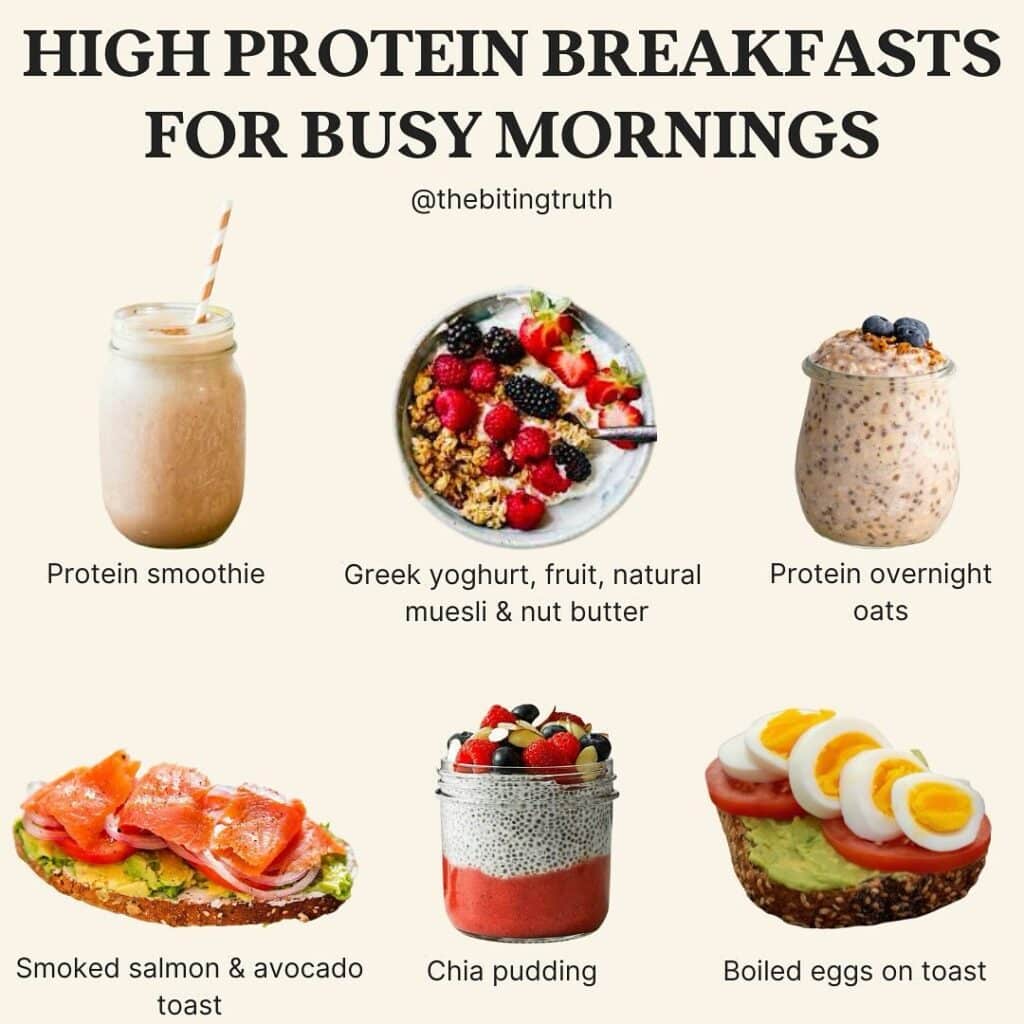Free shipping for orders over $80
Free shipping for orders over $80
From improving gut health and enhancing skin to reducing disease risk, the anti-inflammatory diet is gaining significant attention in the health world. But is it grounded in legitimate science or is it just another nutritional fad?
Inflammation is the body’s response to illness or injury and can be classified as either acute or chronic.
Acute Inflammation: This type is familiar to most people. It occurs when the body sends an increased number of white blood cells to an area to fight off infection or injury, such as when you cut your finger or break a bone. Acute inflammation is essential and normal, acting as the body’s way of protecting itself.
Chronic Inflammation: Problems arise when inflammation persists for extended periods (weeks, months, or years) or when there is excessive inflammation. Chronic inflammation is a root cause of many major diseases. It can occur in localized areas or throughout the body. Commonly associated conditions include arthritis, obesity, heart disease, and diabetes.
It is important to note that inflammation is a complex process mediated by the immune system, involving many different physiological processes.
An anti-inflammatory diet focuses on consuming whole, unprocessed foods to reduce inflammation in the body. This diet includes foods that work together to suppress inflammatory pathways.
Foods that may help reduce inflammation:
Foods to avoid:
Numerous studies have shown that certain foods and dietary patterns can reduce inflammation. These studies measure biomarkers of inflammation, such as C-reactive protein and Interleukin 6, and examine how they change with different diets.
Following an anti-inflammatory diet has been shown to help manage inflammatory conditions like rheumatoid arthritis, psoriatic arthritis, and other types of arthritis. Recent studies also suggest that a high anti-inflammatory diet can boost bone health.
It is essential to view your diet as a whole rather than focusing on specific foods or nutrients. No single food or nutrient is responsible for or can cure inflammation.
Adopting an anti-inflammatory diet can help manage inflammatory conditions and aligns with general recommendations for a healthy diet (lots of fruits and vegetables, healthy fats, fish, etc.). This diet can benefit anyone, not just those with chronic inflammation. Eating a diet rich in whole foods can help prevent lifestyle-related conditions such as obesity, diabetes, and heart disease. In addition to healthy eating, regular exercise and sufficient sleep can also help reduce inflammation.
1. Increase Vegetable Intake Current research shows that only 5% of Australians eat enough vegetables. Leafy greens are particularly high in antioxidants, which help reduce inflammation. Eating a mix of raw and cooked vegetables is important since heat can reduce the vitamin C content in some veggies. Aim for at least two to three different coloured vegetables at lunch and dinner.
2. Eat More Lentils and Beans Consuming four cups of legumes per week can positively affect inflammatory markers. Legumes contain resistant starch, a type of prebiotic fiber digested by healthy gut bacteria. This fermentation process helps reduce inflammation in the gut and body. Add chickpeas to salads or mix lentils into spaghetti bolognese.
3. Cook with Extra Virgin Olive Oil (EVOO) EVOO contains compounds that slow down inflammation and help prevent inflammatory diseases. Use EVOO in salads, on raw or roasted vegetables, and in pasta dishes.
4. Choose Oily Fish Oily fish like salmon, tuna, and sardines are rich in omega-3 fatty acids, which play a role in managing inflammation. Aim to consume oily fish two to three times per week.
—
To learn about other diets and the science underpinning them head to our blog.






